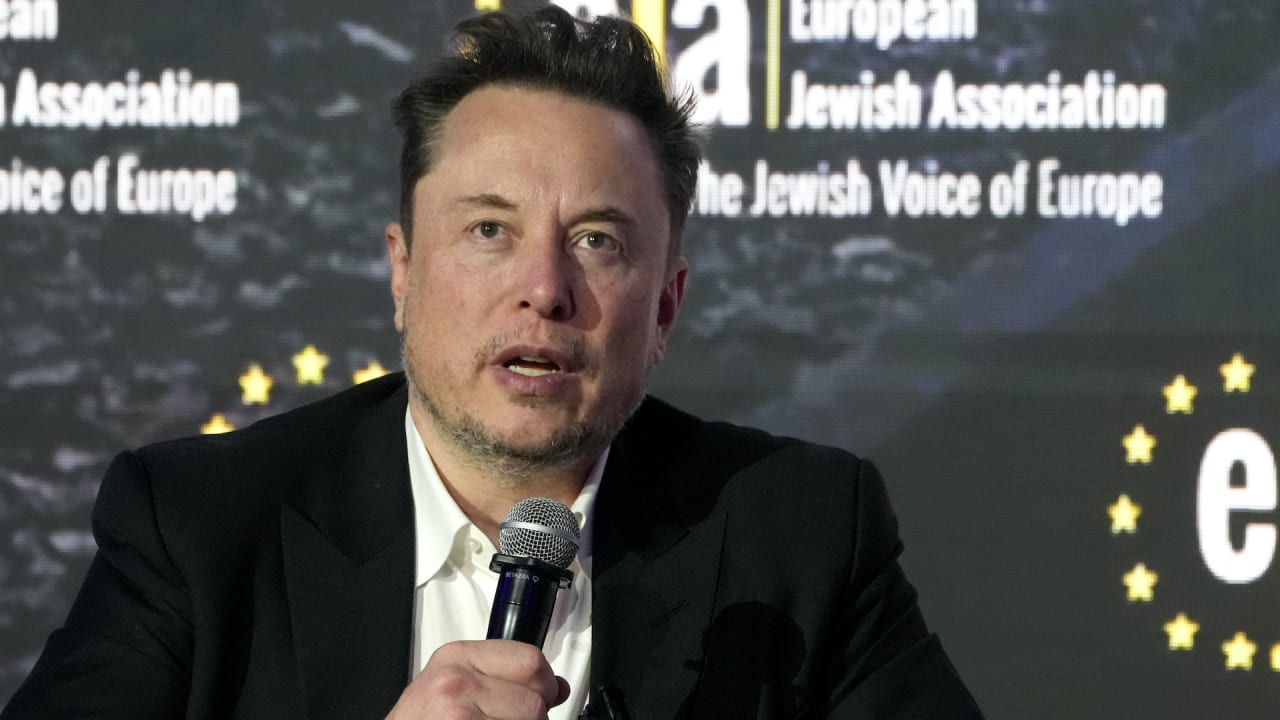Elon Musk's Parody Ad Brings AI and Political Ethics to the Forefront

Overview
Elon Musk recently shared a parody advertisement that incorporates a cloned voice of Vice President Kamala Harris. This bold decision has raised significant concerns regarding the use of artificial intelligence in politics.
Implications of AI in Politics
- Potential for Misinformation: The use of cloned voices can easily mislead audiences.
- Ethical Concerns: There is a growing debate about the morality of using AI to simulate individuals without their consent.
- Public Trust: As these technologies advance, maintaining public trust in political content is paramount.
Conclusion
As AI technologies develop, it is crucial to carefully consider their application in sensitive areas like politics. The recent parody ad featuring Kamala Harris's voice reminds us of the need for regulatory frameworks to protect against misuse. Addressing these concerns will help safeguard the integrity of political discourse.
This article was prepared using information from open sources in accordance with the principles of Ethical Policy. The editorial team is not responsible for absolute accuracy, as it relies on data from the sources referenced.